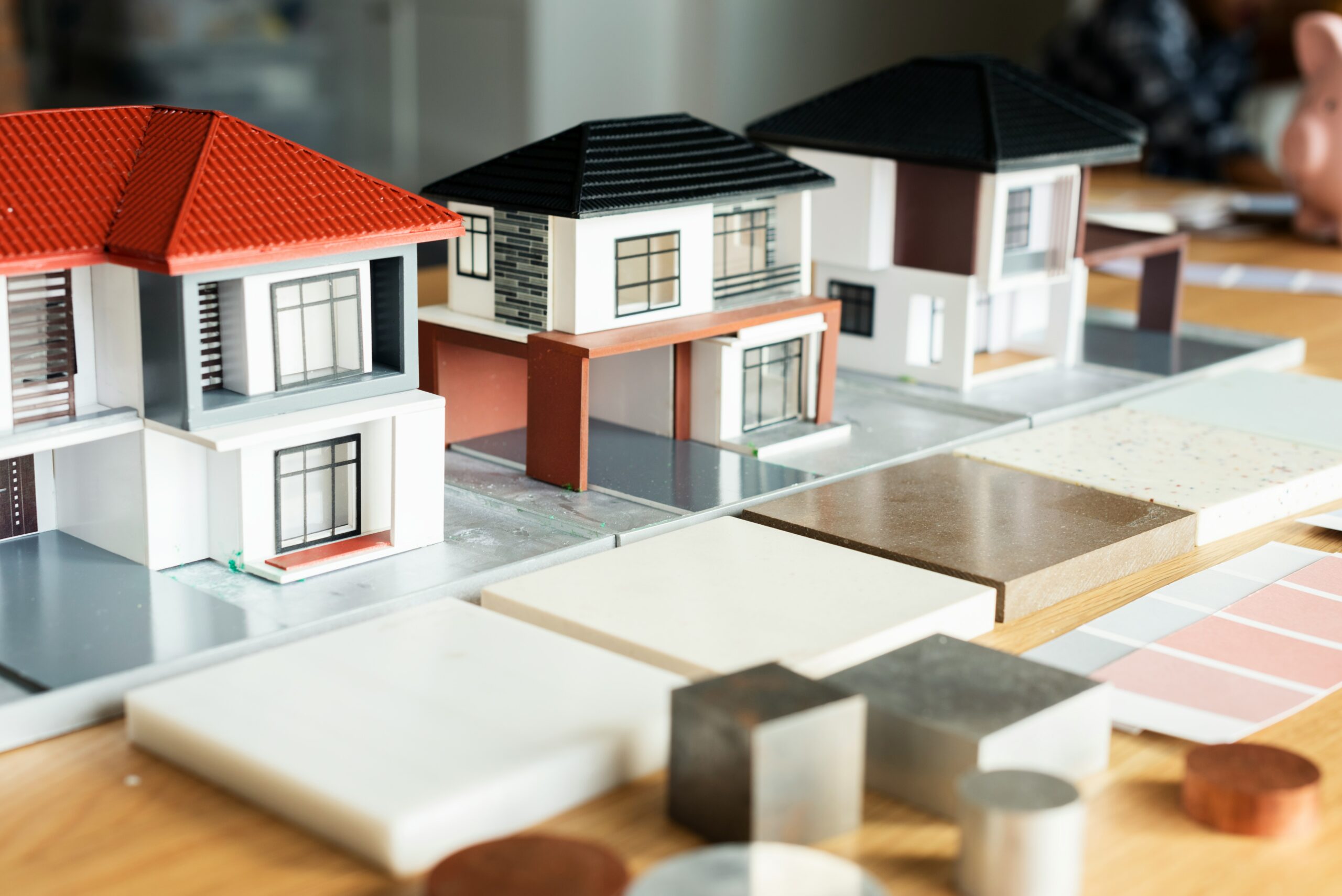
Real estate investors play a crucial role in shaping the future of communities. Their decisions can influence local economies, housing availability, and even the social dynamics of a neighborhood. When approached with a community-centered mindset, real estate investment can be a powerful tool for fostering long-term positive change. Investors who align their goals with the community’s welfare can contribute to more sustainable growth and improvement.
Fostering Affordable Housing Options
One of the most direct ways real estate investors can positively impact a community is by addressing the need for affordable housing. With the rising cost of living in many urban areas, affordable housing has become a critical issue. Investors who focus on developing affordable housing help ensure that low- to moderate-income families have access to safe, stable homes. By creating more affordable living spaces, investors can combat the displacement of long-time residents and reduce the strain on local governments to provide housing solutions.
Furthermore, affordable housing developments can lead to the revitalization of underdeveloped areas. Investors who purchase older buildings or vacant properties can breathe new life into neighborhoods that may have otherwise been neglected. This not only improves the aesthetic appeal of the area but also raises the quality of life for its residents. By making strategic investments, real estate investors can stimulate local economies and attract additional resources to the community.
Supporting Local Economic Growth
Real estate investment has the potential to stimulate economic growth in local communities by creating jobs and fostering local business development. Large-scale real estate projects often require skilled construction labor, creating employment opportunities for local workers. Additionally, once the development is complete, property managers, maintenance staff, and retail businesses benefit from the increased demand generated by new residents and visitors.
Moreover, investors who choose to support locally owned businesses can have a far-reaching impact on the community’s economy. By incorporating small businesses into mixed-use developments or providing retail spaces to local entrepreneurs, investors contribute to the neighborhood’s vibrancy. These businesses often become integral parts of the community, offering goods, services, and employment opportunities. When real estate investments are made with the local economy in mind, it can lead to a thriving, self-sustaining environment where everyone benefits.
Promoting Sustainable Development Practices
In recent years, there has been a growing emphasis on sustainable development, and real estate investors are increasingly adopting eco-friendly practices. Sustainable development not only benefits the environment but also enhances the quality of life for residents. By investing in energy-efficient buildings, green spaces, and renewable energy sources, real estate investors can significantly reduce a community’s environmental footprint.
Additionally, implementing sustainable practices can help reduce long-term operating costs for residents. For example, buildings with energy-efficient systems, such as solar panels or innovative heating and cooling technology, can lower utility bills. Green spaces and well-designed outdoor areas not only enhance air quality but also offer residents recreational opportunities. Sustainable development practices thus serve the dual purpose of improving the community’s environmental health and promoting economic savings.
Encouraging Community Engagement and Collaboration
Beyond physical investments, real estate investors can make a meaningful impact on a community by encouraging collaboration and engagement. Investors who take the time to engage with residents, community leaders, and organizations are more likely to create developments that genuinely reflect the community’s needs and desires. This collaborative approach ensures that projects are tailored to the unique characteristics of the neighborhood, avoiding the risk of gentrification or displacement.
For example, some real estate investors choose to hold community meetings before beginning a development project to gather input from residents. This provides an opportunity for the community to voice their concerns, offer ideas, and contribute to the decision-making process. By fostering open lines of communication, investors can build trust and create a sense of shared ownership among residents, which ultimately leads to greater success for the project.
Building Long-Term Relationships with Local Governments
Strong relationships with local government officials are crucial for real estate investors seeking to have a positive and lasting impact on a community. By working closely with city planners, zoning boards, and other local government entities, investors can navigate the complexities of development while ensuring that their projects align with broader community goals.
Investors who engage with local governments can also advocate for policies that support affordable housing, sustainable development, and job creation. This collaborative approach helps align the interests of private investors with the public good, leading to more equitable and well-balanced communities. Additionally, local governments may offer tax incentives, grants, or other resources to support developers who prioritize community well-being. By leveraging these resources, investors can maximize their positive impact on the neighborhood.
Real estate investors have the potential to create significant positive change in local communities. By focusing on affordable housing, supporting economic growth, adopting sustainable practices, encouraging community engagement, and collaborating with local governments, investors can contribute to the long-term well-being of the neighborhoods in which they invest. When real estate investment is done thoughtfully and with a commitment to community, it can lead to more vibrant, sustainable, and prosperous areas for everyone involved.